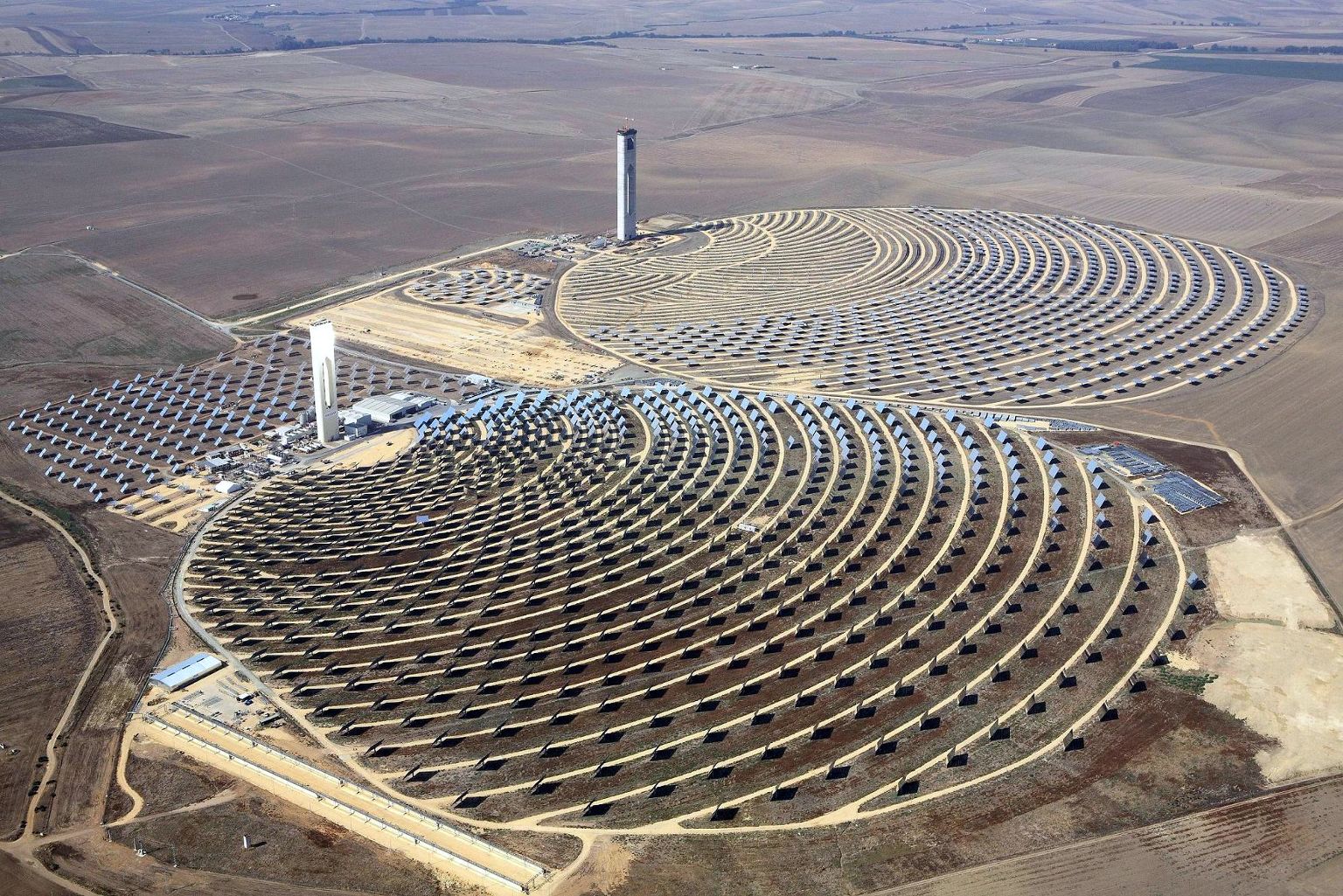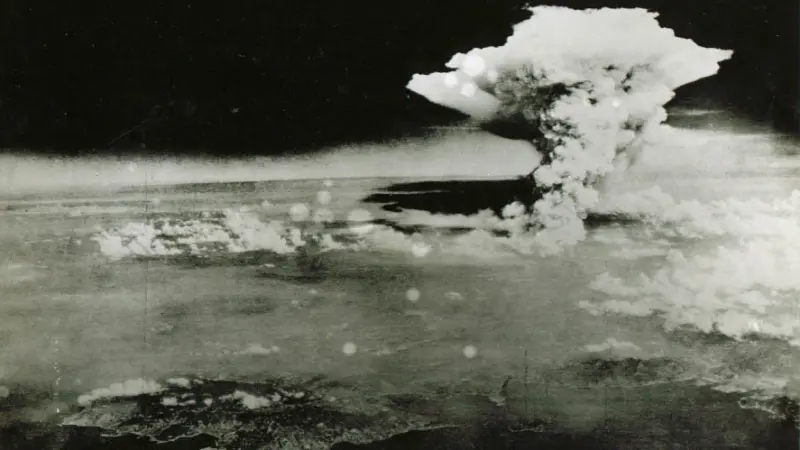Energy in the Age of War: How Russian Military Aggression Galvanized a Clean Energy Future

The Ukraine war and its aftermath may lead to a significant shift towards greener energy sources. Even before the war, businesses, investors, and political leaders had been positioning themselves to take advantage of the economic benefits of clean energy sources, such as wind, solar, and hydrogen. However, the pace of this transition was slow, and experts warned that urgent action was necessary to prevent the worst effects of climate change.
Record investment in Clean Energy in 2022
But the war seems to have accelerated the transition to a lower-carbon energy future by five to ten years, according to a recent report by the Economist newsmagazine. It has also led to a surge in funding for greener energy and technology. Last year’s investment in clean energy was roughly equal to the $1.1 trillion invested in fossil fuels, according to Bloomberg’s NEF research group.
China, the United States, and the European Union have been rolling out massive new subsidies to encourage investment in green power and technology. However, the role of Putin’s war in this shift has been indirect and unintended. Russia’s interests lie in more fossil fuel use, and the decrease in imports of Russian natural gas by its key customers has led to a short-term increase in demand for coal, slowing the international effort to phase it out.
But the war has also highlighted the political price of energy dependency on a country that is ready and determined to use it as leverage. It has served as a wake-up call for European countries, which are seeing an increased uptake of non-carbon energy sources, such as solar panels and heat pumps.
However, the key accelerator of the green energy transition has been government money – hundreds of billions of dollars’ worth of subsidies to develop, produce, and use green energy technology – deployed in deliberate policy shifts by Washington and the EU. Last year’s Inflation Reduction Act in the US earmarked nearly $400 billion for clean energy subsidies, and the EU is moving in a similar direction.
While the Ukraine war has provided a major catalyst for global investment in green energy, it has also set the stage for a subsidy competition among the US, the EU, and China – a kind of climate change protectionism. This could lead to supply bottlenecks as each of the players moves to build a robust, homegrown green energy economy.
Clean Energy – Future Goals
Even last year’s record trillion-dollar investment in green energy worldwide remains far from enough to reach the international goal of net-zero emissions by 2050. That will require five times that amount every year by 2030, according to the Europe-based climate think tank E3G.
The world must take urgent action to combat climate change and transition to greener energy sources. The Ukraine war has highlighted the dangers of energy dependence and spurred investment in clean energy, but more needs to be done to reach the goal of net-zero emissions by 2050. Governments, businesses, and individuals must work together to build a sustainable future for our planet.
Final Words:
In conclusion, while the Ukraine war has inadvertently accelerated the transition towards cleaner energy, it is essential to remember the atrocities committed by Russia in Ukraine. The invasion of Ukraine by Russian military forces has caused immense suffering and loss of life. It is imperative that the international community remains vigilant and works towards ensuring that such violations of international law do not occur in the future.
As we move towards a greener future, it is essential to keep in mind the importance of global peace. The transition towards a lower-carbon energy future must be accompanied by efforts to prevent conflicts and promote peaceful resolution of disputes. We must work towards building a world where nations can cooperate and collaborate towards common goals, rather than resorting to violence and aggression.
In this regard, it is essential that governments and individuals alike take action to promote peace and understanding among nations. Let us work towards a future where all nations can thrive in peace and harmony, and where the transition towards a greener future is accompanied by a commitment to global peace.






